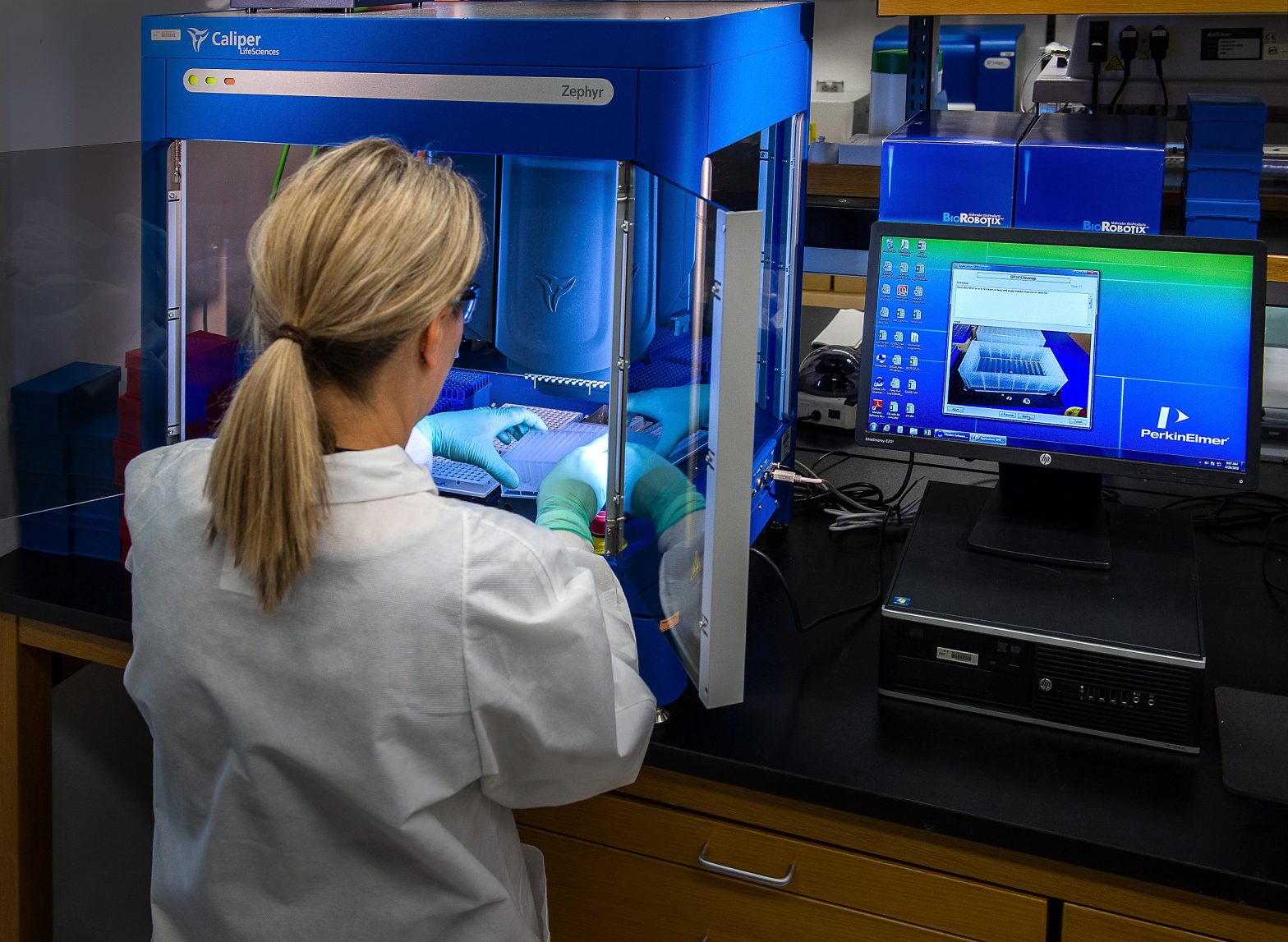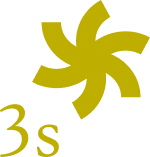Sustainability for Environmental Testing Laboratories

image by Photo by CDC on Unsplash
The ECVET-Lab project intended to develop an online training course through an OER (Open Educational Resources) Learning Platform promoting the need for sustainable development of the sector of laboratories of environmental testing. Through this platform the trainees, laboratory technicians, have the chance to obtain and strengthen high quality work-based skills and competences in order to comply with a so-called Qualification Standard/ Competence Profile.
All training content has a modular structure whereas each learning outcome reflects duties and responsibilities a sustainably aware laboratory technician should have in order to carry out good environmental practices in the workplace. The qualification standard and the training course were defined in accordance with ECVET principles (including a reference to the EQF).
ECVET-Lab included 7 partners, representing 25 different countries, creating a European bridge of knowledge between Spain (NOVOTEC, FEH), Cyprus (NIREAS-IWRC, MMC), Poland (ITeE-PIB), Austria (3s), and 21 other EU countries as well as associated countries thanks to the EU level organisation ‘EUROLAB’. EUROLAB brought together active members from Austria, Belgium, Bulgaria, Croatia, Cyprus, Czech Republic, Denmark, Finland, France, Germany, Greece, Iceland, Italy, The Netherlands, Poland, Portugal, Romania, Spain, Sweden, Switzerland, and the United Kingdom as well as associated members from Turkey, Macedonia and Lebanon.
This project was funded with support from the European Commission. This communication reflects the views only of the author, and the Commission cannot be held responsible for any use which may be made of the information contained therein.
Project: Implementation and validation of Non-Formal Training on Sustainability for Environmental Testing Laboratories workers
Contact: Mariya Dzhengozova
Client: Erasmus+ 16 (KA2)
Duration: 2016-2018


